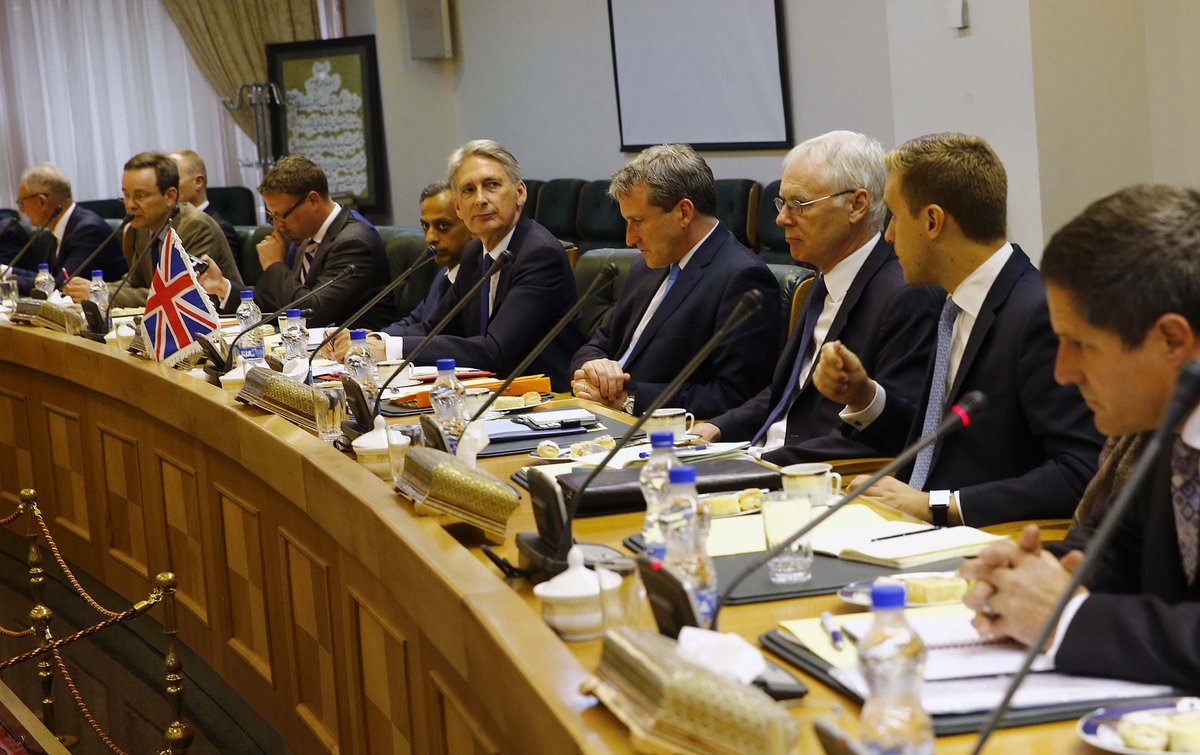German Politicians Condemn Violence Against Refugees
Right-wing anti-immigrant militants attack police guarding an emergency shelter for second night
BERLIN—Germany condemned fresh violence against migrants after right-wing militants attacked police guarding an emergency shelter for migrants two nights in a row.
The weekend attacks, in which 31 officers were injured, took place in Heidenau, a small town near Dresden in the eastern state of Saxony. They were the latest in a series of violent right-wing protests amid the largest wave of migrants to arrive in Europe since World War II.
Germany, the largest and wealthiest member of the European Union, is carrying a large share of the burden of caring for the influx of people, and public opinion has been divided. A majority of Germans back an open-door policy for refugees fleeing war and terrorism, but a small group of neo-Nazi activists has been inciting violence.
“This is indecent and unworthy of our country,” German Interior Minister Thomas de Maizière said in an interview that appeared in the weekly newspaper Bild am Sonntag, reacting to the violence in Heidenau.
The attacks began late Friday in Heidenau after a tense but largely peaceful demonstration of about 1,000 people that was organized by the neo-Nazi NPD party. As buses carrying a group of migrants neared the town, local police broke up a group of about 30 demonstrators trying to stop their arrival by erecting barricades on a street leading to the shelter.
In response, some 600 demonstrators marched on the emergency shelter and were blocked from approaching the building by about 136 police in riot gear, according to local police. In what the police described as an organized attack, a small group of militants mixed within the larger crowd pummeled the police with stones, bottles and powerful firecrackers.
The police fought back, repelling the crowd with tear gas. They ultimately dispersed the militants and cleared the way for the buses to bring 120 migrants to the shelter, a former do-it-yourself building-materials store that has been turned into temporary refugee housing.
Clashes flared up again on Saturday evening, police said, as about 120 right-wing protesters attacked police and tried to stop buses of migrants from reaching the shelter in Heidenau. About 250 migrants were expected to arrive over the weekend and local politicians warned citizens to refrain from violence or face the full force of the law.
“Anyone who throws stones, bottles and fireworks at police is not a ‘concerned citizen’, but rather a right-wing criminal,” said Henning Homann, a Social Democrat deputy in Saxony’s state parliament.
German Justice Minister Heiko Maas said in a Twitter post on Saturday that Germany can never “tolerate attacks and threats against people in our country,” promising that Germany will respond to such attacks “with the strong arm of the law.”
German leaders have repeatedly condemned the right-wing violence and called on the public to show empathy for about 800,000 people expected to arrive in Germany this year, many of whom have been forced to flee war-torn regions such as Iraq and Syria. In a television interview earlier this month, Chancellor Angela Merkel called anti-immigrant violence “unworthy of our country.” More details here.
Then, it appears that German business are possibly exploiting the immigrants and refugees to the benefits on both sides?
DRESDEN, Germany (Reuters) – Ashamed by the rise of anti-Islam group PEGIDA in Dresden at the end of last year, local businesswoman Viola Klein was determined to send a signal that not everyone in the eastern German city was hostile to immigrants.
“We spoke with our staff and said we have to do something to counter the view that foreigners have no business here,” said Klein, manager of software developer Saxonia Systems, which has funneled between 80,000 and 100,000 euros ($92-115,000) into refugee projects.
Klein is just one of many entrepreneurs who are using their capital and business skills to help a record-breaking number of refugees integrate into Europe’s biggest economy.
Their efforts come as local authorities brace for the number of asylum seekers to quadruple this year to 800,000 — more than the population of Germany’s fifth biggest city Frankfurt am Main.
PEGIDA’s weekly anti-Islam, anti-immigrant rallies that attracted large crowds late last year have fizzled out, but the high number of migrants arriving this year is again causing unrest, particularly in eastern Germany, where attacks against asylum shelters are on the rise.
Over the weekend, right-wing protesters pelted police with bottles, stones and fireworks as they were escorting refugees to a shelter in the town of Heidenau, south of Dresden.
After initially putting on language courses for asylum-seekers, Klein noticed around 80 percent owned a smartphone. Drawing on her firm’s expertise, she worked together with local developer Heinrich & Reuter Solutions to develop a free app to help new arrivals negotiate German bureaucracy.
Available in five languages, the ‘Welcome to Dresden’ app gives users assistance on how to apply for asylum, use public transport or find a doctor.
Mohamad Abou Assaf, a 29-year-old Syrian who arrived in Dresden five months ago after traveling overland through eastern Europe, said the app would be helpful for those coming with little grasp of the language.


